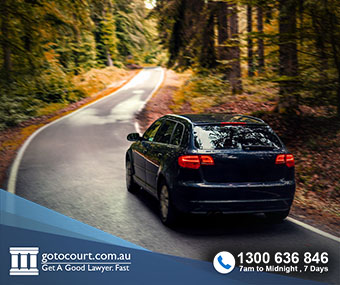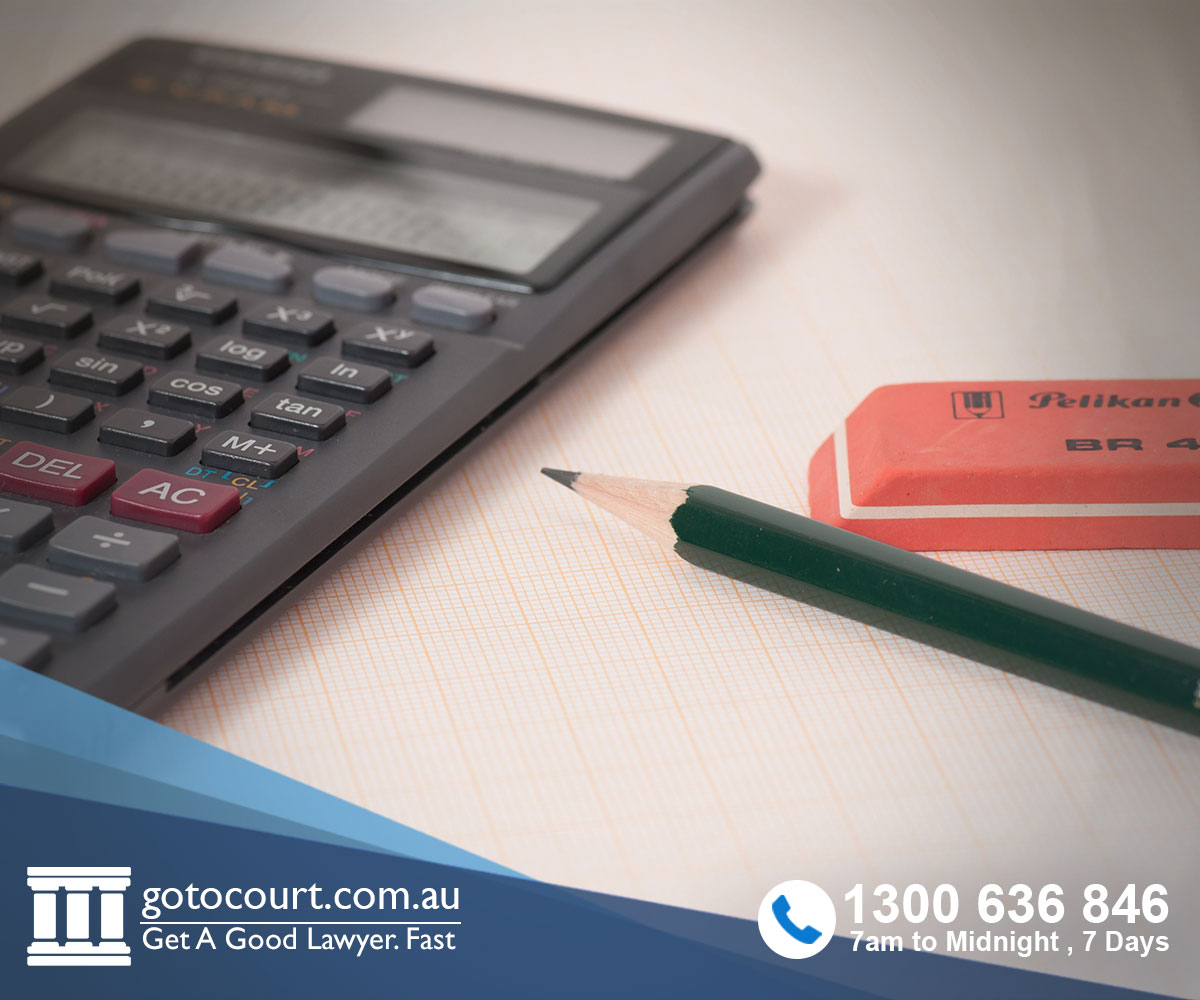Drones and the Law
The use of drones for recreational, as well as commercial, purposes in Australia is becoming more and more common. Drones have been used in Australia for law enforcement, by the media and by scientists. The laws surrounding drone use are set out in the Civil Aviation Safety Regulations. However, some aspects of drone use raise legal questions that do not have clear answers. One example of this is to what extent privacy laws can be used to take action in response to the intrusive use of drones.
This article outlines the rules and restrictions on the use of drones for both commercial and recreational purposes.
Commercial drones
Commercial drones that weigh more than two kilograms must be registered with the Civil Aviation Safety Authority. The user must have an operator’s certificate before they can fly the drone.
A person who earns money from flying a drone must generally have a remote pilot’s licence or remotely piloted aircraft operator’s certificate.
Flying over your own land
If you are using a drone commercially, but are only flying over your own land, you may fall into an excluded category. A person can fly under this excluded category if they own the drone, the drone weighs between 100 grams and 25 kg, they are only flying over their own property and no money is paid for the flight.
Recreational drones
The use of recreational drones is subject to the following rules:
- Drones must not be flown higher than 120 metres about ground level;
- A person may only fly one drone at a time;
- A person flying a drone must keep it within their line of sight at all times. This means that it is not permissible to navigate using virtual reality, despite many drones having virtual reality headsets;
- Drones must be kept at least 30 metres away from people;
- Drones must not be flown over people or populous areas;
- Drones must not be operated in a way that causes a hazard to a person, property or aircraft;
- Drones may only be flown during the day and not through cloud or fog;
- Drones weighing more than 100 grams must be kept at least 5.5km away from controlled airports;
- Drones must not be flown over areas where emergency operations (such as the site of a car accident) are underway.
Privacy
The Privacy Act 1988 includes provisions that may be used in response to an intrusive use of drones. However, the Privacy Act does not apply to individuals but only to government agencies and individuals with an annual turnover of more than 3 million. Such organisations must inform a person that their image may be captured and must not use such images or footage without permission.
Most persons using drones for recreational purposes are not subject to the Privacy Act. There is no specific legislation that protects individuals from having their privacy breached by the use of recreational drones.
Drone signage
The Civil Aviation Safety Authority uses signage to warn people when they are in an area where rules or restrictions limit the use of drones, or where drones are not allowed.
The sign ‘Caution: drone rules apply’ means that added conditions or laws apply in the area. This sign may be seen in populous areas such as national parks.
The sign ‘no drone zone’ indicates that drones must not be flown in this location. This sign may be seen within 5.5km of the movement of a controlled aerodrome or airport and in the approach and departure paths and in areas that are restricted airspace.
If you require legal advice or representation in any legal matter, please contact Go To Court Lawyers.








